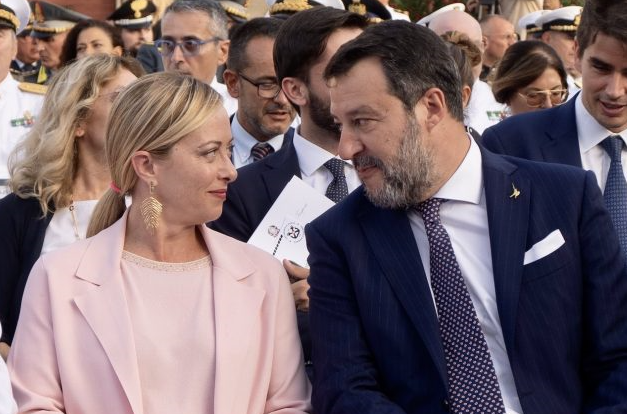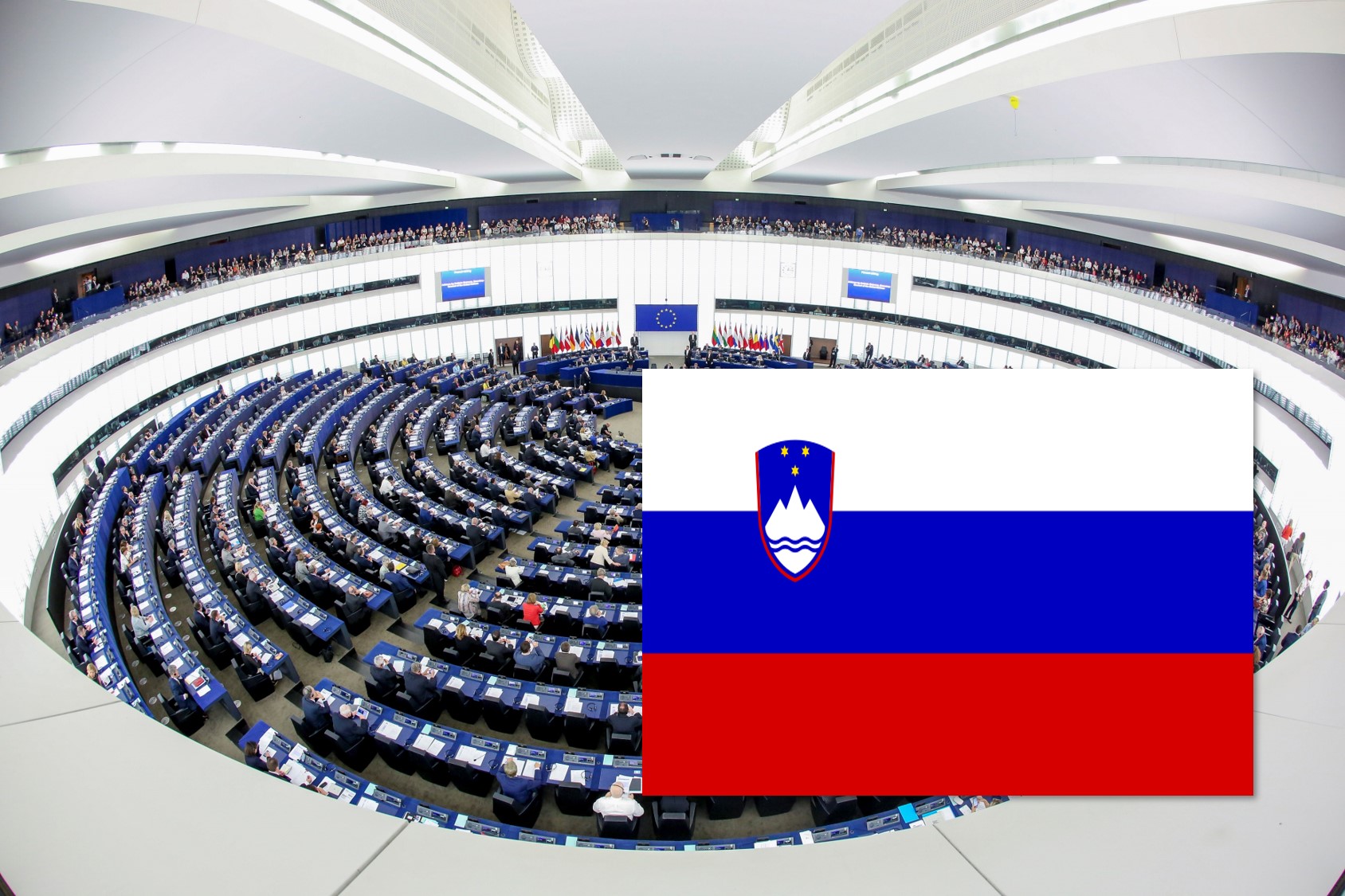Europee
-

Ai nastri di partenza: i temi-chiave per vincere, partito per partito, e le attuali intenzioni di voto
Su quali temi si vincono le elezioni europee? Come costruiranno le…
-

Partiti “populisti”? Piuttosto “neo-conflittuali”. E dietro il loro successo c’è spesso una superiore capacità strategica
Nelle imminenti elezioni europee molti partiti “populisti” ricopriranno un ruolo da…
-

Verso le Europee: quanto contano i candidati, e il ruolo a sorpresa dei “signori delle preferenze”
Manca poco più di un mese alle elezioni europee, e per…
-

Dietro al terzo mandato: l’egemonia nel centrodestra passa per il Nord
Nelle ultime settimane, il dibattito nei media ha dato grande attenzione…
-

The European Parliament Elections of 2019 – individual chapters in PDF
Introduction: Understanding the European Parliament elections of 2019 Luana Russo, Mark…
-

Il voto di preferenza alle elezioni europee del 2019
Le elezioni per il rinnovo del Parlamento Europeo del 26 maggio…
-

The European Parliament Elections of 2019 – the e-book
The European Parliament Elections of 2019 edited by Lorenzo De Sio,…
-

Flussi Torino: la Lega pesca da centrodestra e M5S (che non cede nulla al PD)
Il risultato delle elezioni europee a Torino riflette i vincitori del contesto…
-

Europee Slovenia: identità politiche nazionali divise nella democrazia elettorale europea
Traduzione di Arianna Cappelli. Le elezioni per l’attribuzione degli otto seggi…
-

Europee Ungheria: un paradossale episodio di autoritarismo elettorale
Traduzione di Francesco Sorana. Il 26 maggio 2019 in Ungheria si è…